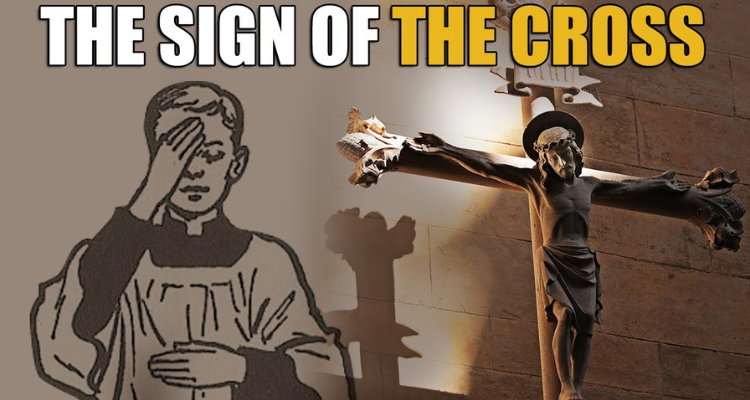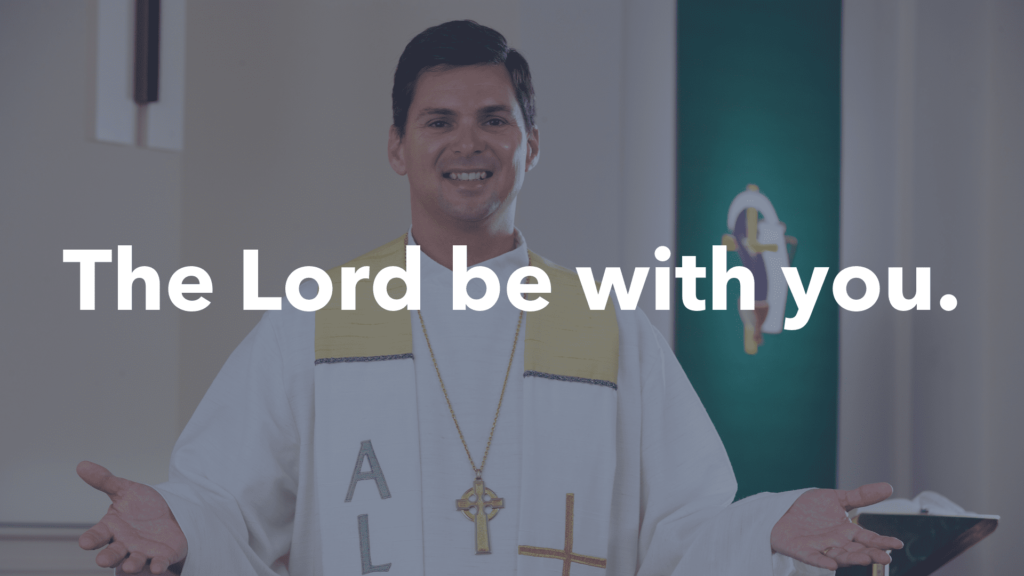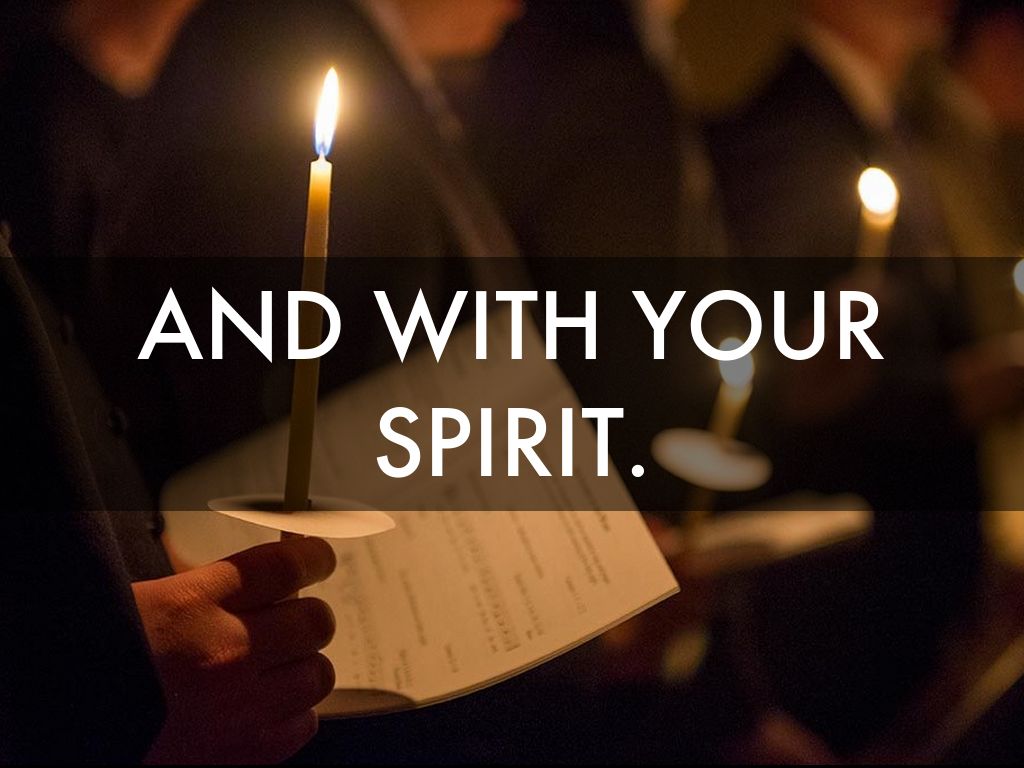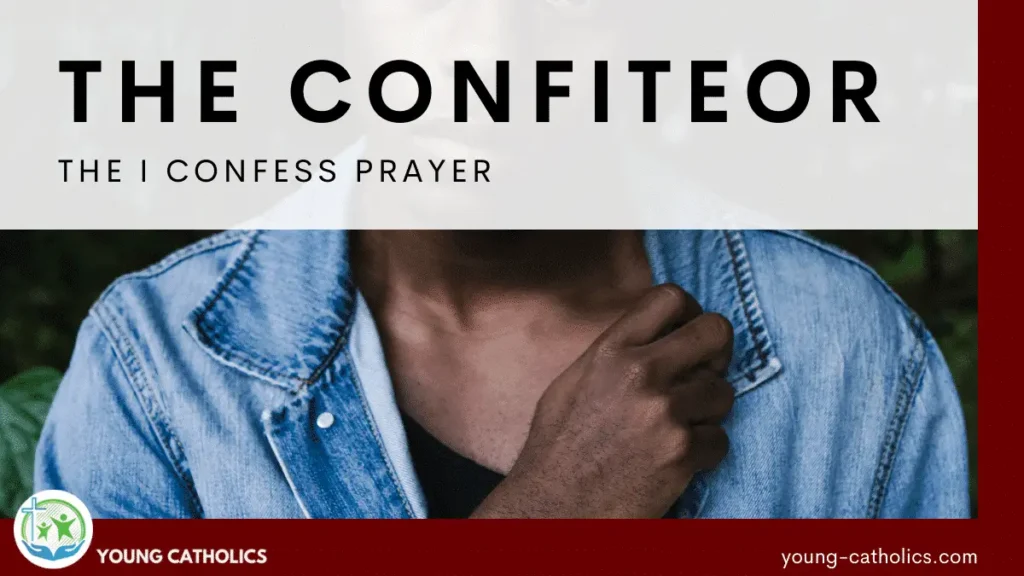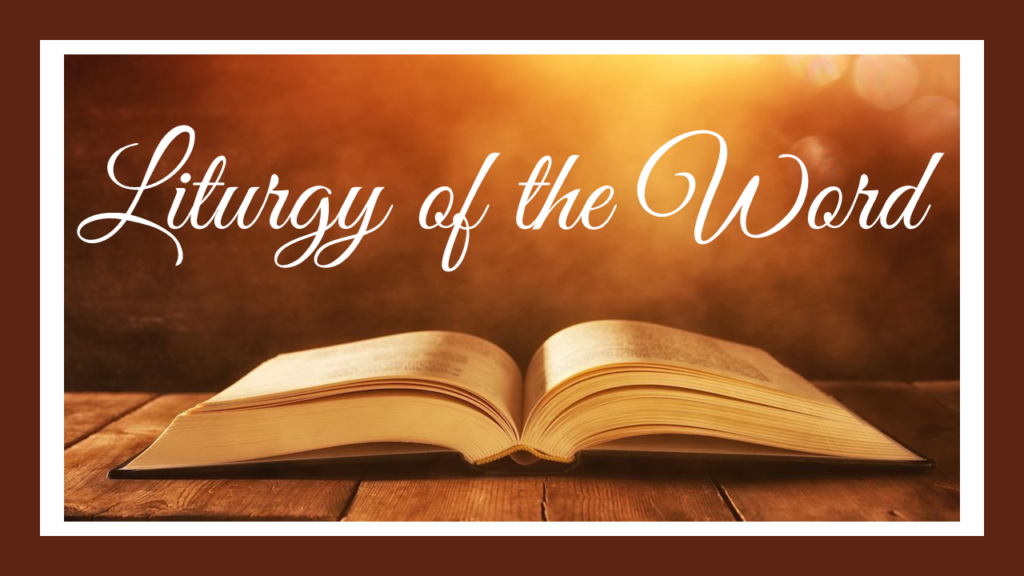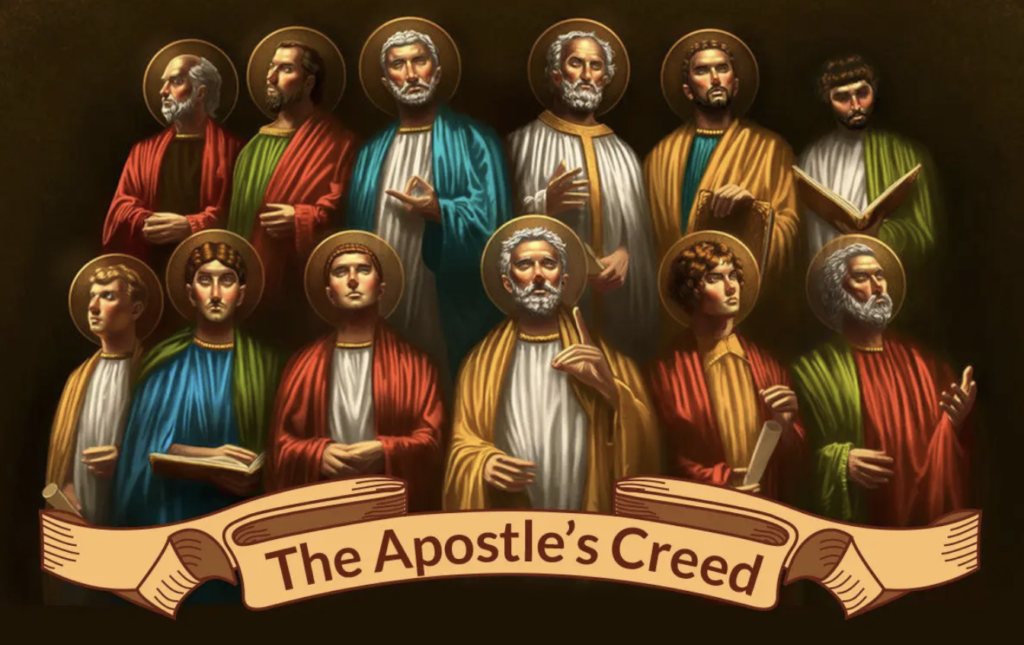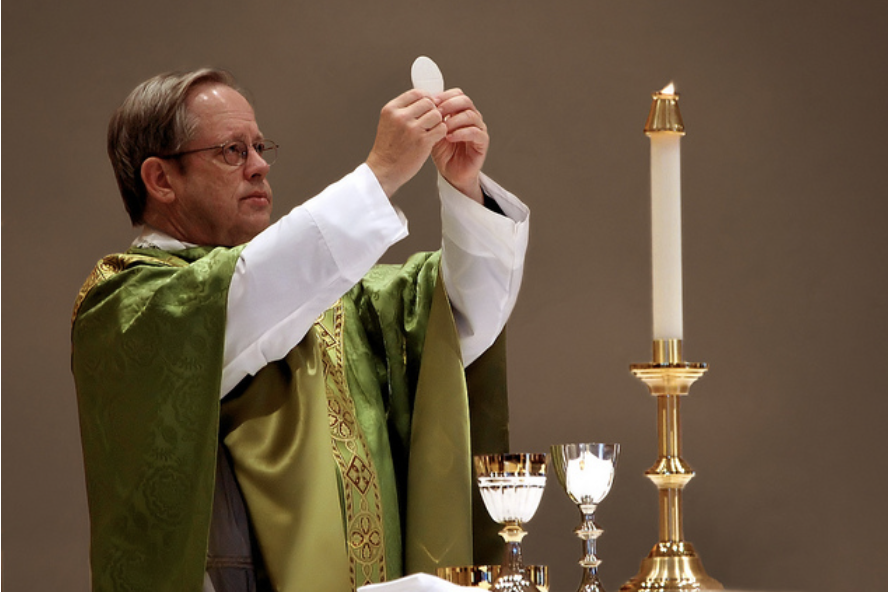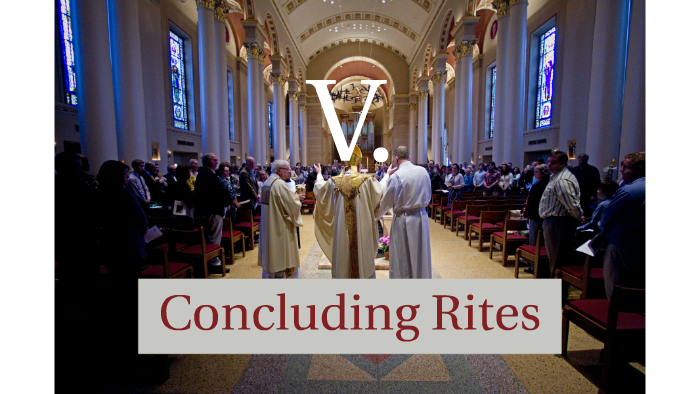The Mass
The Eucharist
Walk to Emmaus
We need to rediscover and rekindle our relationship with the Holy Eucharist.
Just like the two disciples on the road to Emmaus in Luke 24:29-35, But they urged him, “Stay with us, for it is nearly evening and the day is almost over.” So he went in to stay with them. And it happened that, while he was with them at table, he took bread, said the blessing, broke it, and gave it to them. With that their eyes were opened and they recognized him, but he vanished from their sight. Then they said to each other, “Were not our hearts burning (within us) while he spoke to us on the way and opened the scriptures to us?” So they set out at once and returned to Jerusalem where they found gathered together the eleven and those with them who were saying, “The Lord has truly been raised and has appeared to Simon!” Then the two recounted what had taken place on the way and how he was made known to them in the breaking of the bread.
Just like the two disciples, we need to ask Jesus to come and stay with us, so that we can rediscover and rekindle our relationship with Him. Receive Him and recognize Him in the Breaking of the Bread – The Holy Eucharist.
Eucharist means “Thanksgiving”
Melchiezedek was seen as a prefigurement of Jesus Christ as the first priest mentioned in the Bible in Gen 14:18-20. He offered bread and wine as Jesus would at the Last Supper, when he instituted the Eucharist.
Jesus Christ – The Lamb of God
Jesus Christ was a Jew and as a faithful Jew, he obeyed Jewish law. Jews were required to give sacrifice to God for 1) recognition of God’s sovereignty over all creation, 2) an act of thanks, 3) an agreement/covenant, 4) renouncing and sorrow for our sins but most importantly 5) the celebration of the Passover.
This is when all Jews remember when God saved them from slavery in the land of Egypt. (They were to take an unblemished lamb without broken bones, kill it, and sprinkle its blood on the doorpost. That night the Israelites were to EAT the Lamb, Ex 12:1-23. The sacrificial lamb died as a ransom. The Lord told the Israelites to commemorate the Passover every year and He gave them the words they should use to explain the ritual to future generations. Ex 12:26-27
Jesus is the Lamb of God, in JN 19:14, John recalls that as Jesus stood before Pilate “it was the day of preparation for the Passover, about the sixth hour and it was the time when priests were beginning to slaughter the Passover lambs. In JN 19:36, John also recalls that none of Jesus’ bones were broken so that scripture would be fulfilled’ Ex 12:46.
We wonder why Jesus had to be a Lamb and not a stallion or a tiger but in JN 1:36 John the Baptist states “Behold the Lamb of God”
In Rev 5:6 John tells us that Jesus is portrayed as a “lamb standing as if slain”. We proclaim Him as the “Lamb of God” at the Mass because only a sacrificial lamb fits the divine pattern of our salvation. Jesus enters the holiest of holies, which is heaven once and for all to offer Him self as our sacrifice.
Luke 22 The Last Supper
14When the hour had come, Jesus reclined at the table with His apostles. 15And He said to them, “I have eagerly desired to eat this Passover with you before My suffering. 16For I tell you that I will not eat it again until it is fulfilled in the kingdom of God.”
17After taking the cup, He gave thanks and said, “Take this and divide it among yourselves. 18For I tell you that I will not drink of the fruit of the vine from now on until the kingdom of God comes.”
19And He took the bread, gave thanks and broke it, and gave it to them, saying, “This is My body, given for you; do this in remembrance of Me.”
20In the same way, after supper He took the cup, saying, “This cup is the new covenant in My blood, which is poured out for you.b
John 6 Bread of Life Discourse
35Jesus answered, “I am the bread of life. Whoever comes to Me will never hunger, and whoever believes in Me will never thirst. 36But as I stated, you have seen Me and still you do not believe.
37Everyone the Father gives Me will come to Me, and the one who comes to Me I will never drive away. 38For I have come down from heaven, not to do My own will, but to do the will of Him who sent Me.
39And this is the will of Him who sent Me, that I shall lose none of those He has given Me, but raise them up at the last day. 40For it is My Father’s will that everyone who looks to the Son and believes in Him shall have eternal life, and I will raise him up at the last day.”
41At this, the Jews began to grumble about Jesus because He had said, “I am the bread that came down from heaven.” 42They were asking, “Is this not Jesus, the son of Joseph, whose father and mother we know? How then can He say, ‘I have come down from heaven?’”
43“Stop grumbling among yourselves,” Jesus replied. 44“No one can come to Me unless the Father who sent Me draws him, and I will raise him up at the last day. 45It is written in the Prophets: ‘And they will all be taught by God.’e Everyone who has heard the Father and learned from Him comes to Me— 46not that anyone has seen the Father except the One who is from God; only He has seen the Father.
47Truly, truly, I tell you, he who believes has eternal life. 48I am the bread of life. 49Your fathers ate the manna in the wilderness, yet they died. 50This is the bread that comes down from heaven, so that anyone may eat of it and not die. 51I am the living bread that came down from heaven. If anyone eats of this bread, he will live forever. And this bread, which I will give for the life of the world, is My flesh.”
52At this, the Jews began to argue among themselves, “How can this man give us His flesh to eat?”
53So Jesus said to them, “Truly, truly, I tell you, unless you eat the flesh and drink the blood of the Son of Man, you have no life in you. 54Whoever eats My flesh and drinks My blood has eternal life, and I will raise him up at the last day. 55For My flesh is real food, and My blood is real drink.
56Whoever eats My flesh and drinks My blood remains in Me, and I in him. 57Just as the living Father sent Me and I live because of the Father, so also the one who feeds on Me will live because of Me. 58This is the bread that came down from heaven. Unlike your fathers, who ate the manna and died, the one who eats this bread will live forever.” 59 Jesus4 said these things in the synagogue, as he taught sat Capernaum.
60On hearing it, many of His disciples said, “This is a difficult teaching. Who can accept it?”
61Aware that His disciples were grumbling about this teaching, Jesus asked them, “Does this offend you? 62Then what will happen if you see the Son of Man ascend to where He was before?
63The Spirit gives life; the flesh profits nothing. The words I have spoken to you are spirit and they are life. 64However, there are some of you who do not believe.” (For Jesus had known from the beginning which of them did not believe and who would betray Him.)
65Then Jesus said, “This is why I told you that no one can come to Me unless the Father has granted it to him.”
66From that time on many of His disciples turned back and no longer walked with Him.
Peter’s Confession of Faith
(Matthew 16:13–20; Mark 8:27–30; Luke 9:18–20)
67So Jesus asked the Twelve, “Do you want to leave too?”
68Simon Peter replied, “Lord, to whom would we go? You have the words of eternal life. 69We believe and know that You are the Holy One of God.f”
70Jesus answered them, “Have I not chosen you, the Twelve? Yet one of you is a devil!” 71He was speaking about Judas, the son of Simon Iscariot. For although Judas was one of the Twelve, he was later to betray Jesus.
St. Paul confirming the Eucharist
1 Cor 10:16-17, 16, the cup of blessing that we bless, is it not a participation in the blood of Christ? The bread that we break, is it not a participation in the body of Christ? Because the loaf of bread is one, we, though many are one body, for we all partake of the one loaf.
1 Cor 11: 23-26 For I received from the Lord what I also handed on to you, that the Lord Jesus, on the night he was handed over, took bread, and, after he had given thanks, broke it and said, “This is my body that is for you. Do this in remembrance of me.” In the same way also the cup, after supper, saying, “This cup is the new covenant in my blood. Do this, as often as you drink it, in remembrance of me.” For as often as you eat this bread and drink the cup, you proclaim the death of the Lord until he comes.
Parts of the Mass
Come near to God an He will come near to you. James 4:8
The Catholic Church teaches that the sacrament of the Holy Eucharist is, “the source and summit of the Christian life.” (CCC 1324) This means that the entire Christian life culminates with what the Church teaches on the Holy Eucharist and the Holy Mass. If what the Church teaches is true, and such importance is attributed to the Holy Eucharist, it is essential to understand where this teaching comes from and why the Church emphasizes its importance. Therefore, once it is clearly established why the Church stresses such importance in this sacrament, it can then be better understood why the Holy Mass should be offered reverently and with the utmost care.
The Catechism of the Catholic Church (CCC) discusses in Article 3 what the Church has always taught about the sacrament of the Holy Eucharist and Holy Mass.
At the Last Supper, on the night he was betrayed, our Savior instituted the Eucharistic sacrifice of his Body and Blood. This he did in order to perpetuate the sacrifice of the cross throughout the ages until he should come again, and so to entrust to his beloved Spouse, the Church, a memorial of his death and resurrection: a sacrament of love, a sign of unity, a bond of charity, a Paschal banquet ‘in which Christ is consumed, the mind is filled with grace, and a pledge of future glory is given to us.’ (CCC 1323)
Click on the videos below
Structure and elements of the Mass
(GIRM, General Instruction of the Roman Missal)
Priest and Deacon sacred vestments: alb, cincture, stole, chasuble/dalmatic.
Colors: white/gold or silver, green, purple (black), red, blue, rose.
Articles and sacred vessels: candles, altar cloth, corporal, purificator, chalice, paten, ciborium, cruets, manuterge, lavabo, credence table, thurible and incense, liturgical books: missal, lectionary, rituals, book of blessings; sacred images; tabernacle, Crucifix, altar, chair, ambo; musical instruments.
Silence and bodily postures (sitting, standing, kneeling, bows of the head and of the body). Prayers the priest says in secret.
Solemnities, Feasts, Memorials, Optional Memorials, Weekdays (for different times).
Introductory rites: procession, reverence and kiss to the altar, sign of the Cross, greeting, penitential rite, Glory, Collect prayer.
LITURGY OF THE WORD: 1st reading, Responsorial Psalm, 2nd reading, Gospel Acclamation, Gospel, Homily, Profession of Faith, Intercessions.
LITURGY OF THE EUCHARIST:
Offertory (bread, wine, monetary offering, procession, preparation of the altar, offering of the gifts, per huius aquae, washing of hands, prayer over the offertory).
Preface and Eucharistic Prayer: Chief elements (N. 79):
Thanksgiving.
Acclamation.
Epiclesis.
Institution narrative and consecration.
Anamnesis.
Offering.
Intercessions.
Final doxology
Communion rite: The Lord’s Prayer, The Rite of Peace, Communion (also the fraction, commingling, purification, reservation, prayerful silence, prayer after communion).
